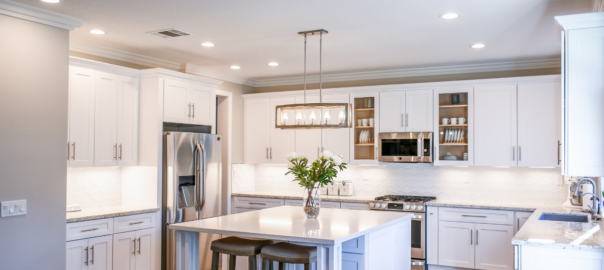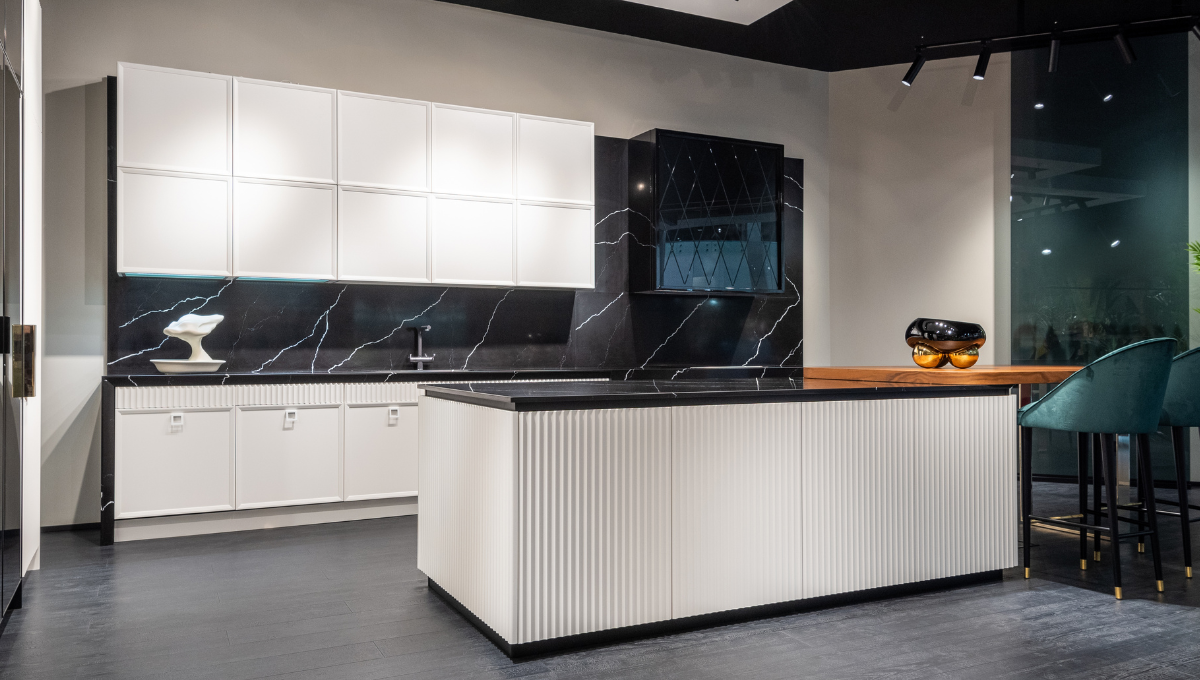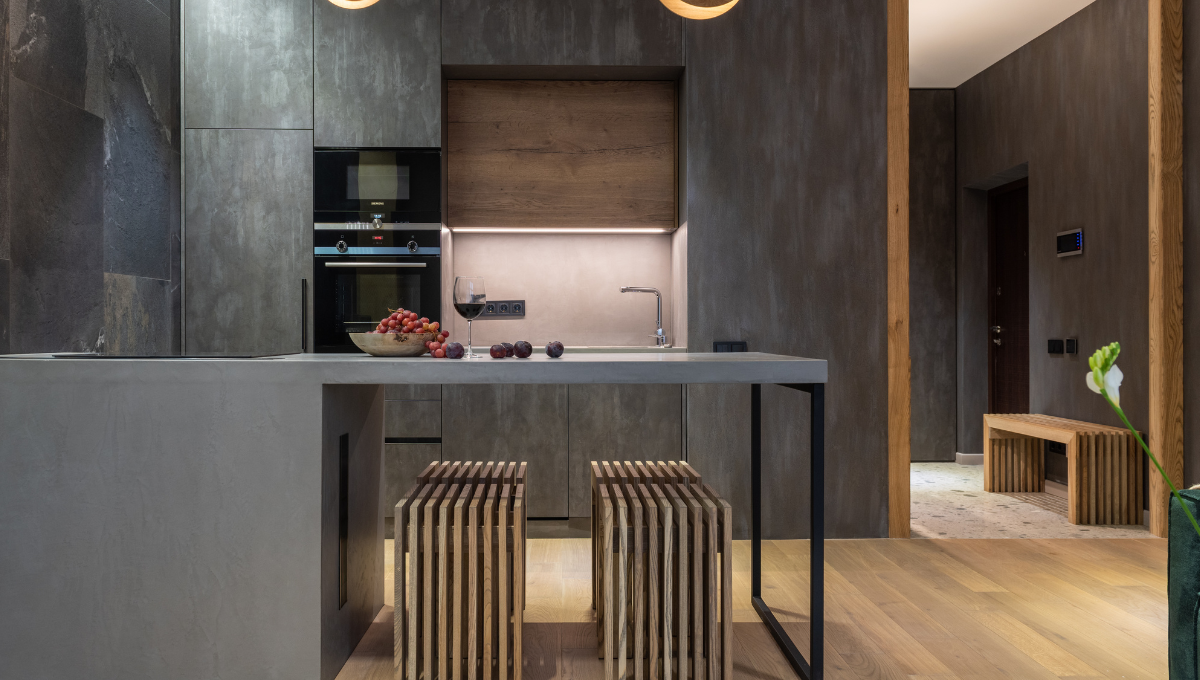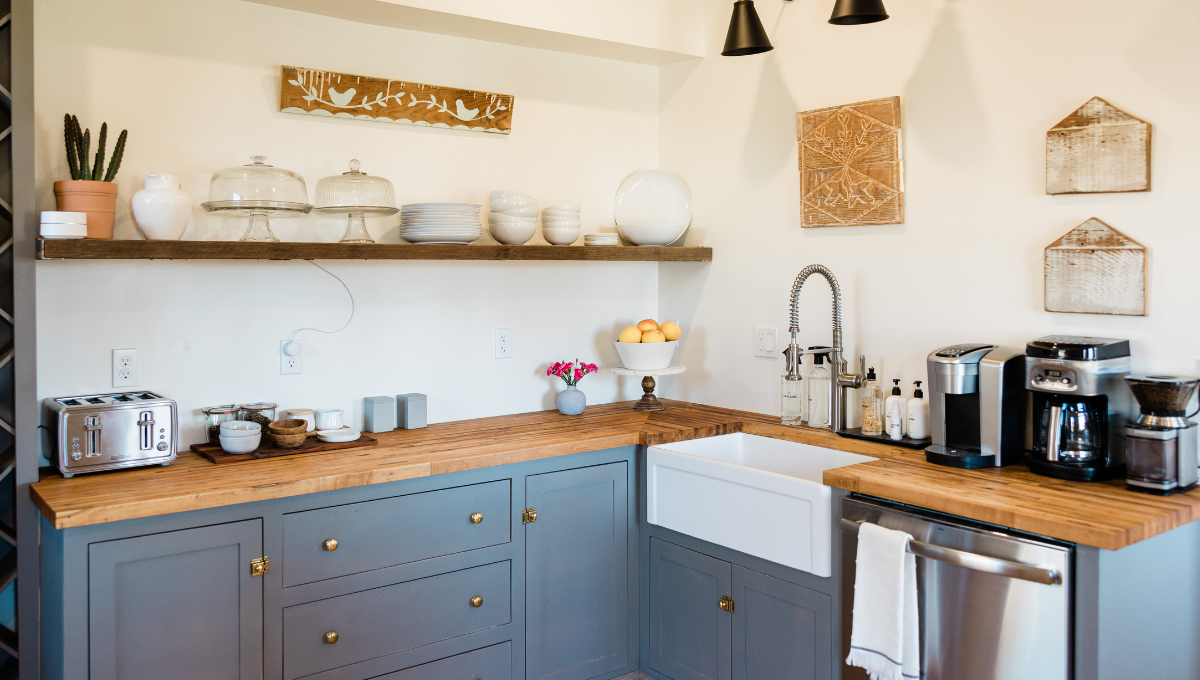A basement is often seen as a quiet space. It is used for storage. It is used for laundry. Sometimes it is used for an extra bedroom. But many people think about adding a kitchen to their basement. It sounds like a fun idea. It feels exciting to have more space for cooking and eating.
Before any work is started, it is good to think carefully. There are many good things about having a basement kitchen. But there are also a few hard parts. It is better to weigh the benefits and challenges of having a basement kitchen before making a big decision. Every home is different. What works for one family might not work for another.
Why a Basement Kitchen Sounds Like a Great Idea
A basement kitchen can make life easier in many ways. More cooking space is given. Families with many people love having another place to prepare meals. Big parties and family gatherings feel less crowded when two kitchens are used.
A basement kitchen can also make a home feel bigger. It creates a whole new space for living. Movie nights can be enjoyed with snacks cooked right there. Teenagers can have their own cooking space. Late-night cravings can be solved without running upstairs.
Some people even use basement kitchens to help family members live together but still have privacy. A grandparent or adult child can have their own space to cook and eat. It makes sharing a home feel more comfortable.
How Functionality Improves with a Basement Kitchen
Adding a kitchen to the basement brings a lot of function to a home. Cooking becomes easier when more space is given. Special holiday meals with many dishes can be cooked without stress. Canning, baking, and meal prepping feel smoother when extra space is available.
Basements usually stay cooler than the main floors. Cooking in the basement can keep the whole house cooler in summer. Energy is saved because the air conditioner does not have to work harder. These small things can make daily life feel better.
A basement kitchen can also make home businesses easier. If someone bakes cakes or cooks for a business, an extra kitchen keeps everything organized. Work stays separate from the family’s main kitchen.
Thinking About Resale Value
When a basement kitchen is added, home value might go up. Future buyers may love the idea of two kitchens. Families who want space for grandparents or grown kids might find it very useful. It can make a house stand out from others for sale.
But sometimes, resale value does not go up as much as expected. Not every buyer wants a basement kitchen. Some people see it as extra work to maintain. Others worry about the cost of running two kitchens. It depends a lot on where the home is and what buyers in that area want.
It is smart to talk to a real estate expert before starting. They can share if adding a basement kitchen is a good idea for the neighborhood. They can help weigh the benefits and challenges of having a basement kitchen based on market trends.
Challenges That Come with Basement Kitchens
Not everything about a basement kitchen is easy. One big challenge is ventilation. Basements are deep and often have small windows. Good air flow is needed to keep smells and smoke out. Without it, the whole basement can feel stuffy.
Plumbing is another challenge. Water pipes might need to be added or moved. Drains need to work properly. If the pipes are not done right, leaks and water damage can happen. Plumbing work in a basement is harder and sometimes more costly.
Another thing to think about is electricity. Kitchens need many outlets. Ovens, microwaves, fridges, and mixers all need power. The electric panel must be able to handle the extra load. If not, it must be upgraded, which adds to the cost.
Costs Add Up Quickly
Building a basement kitchen costs money. Cabinets, countertops, sinks, and appliances are needed. Floors and walls might need changes too. Good ventilation and plumbing must be added. Even small kitchens can cost a lot once everything is added up.
It is easy to start with a small budget and end up spending much more. Hidden problems are common in basements. Moisture issues, weak walls, and old wiring might be found. Fixing these before a kitchen is built is important but can add big costs.
Planning the budget carefully helps. It is better to prepare for surprises. Getting a few quotes from contractors before starting is smart. That way, the costs are not shocking halfway through the project.
Permits and Rules Must Be Followed
In many places, permits are needed to add a basement kitchen. Special rules must be followed for plumbing, electricity, and safety. Some cities have rules about ceiling height, exits, and smoke detectors. Breaking these rules can cause trouble later when the home is sold.
Getting permits may take time. Inspections will be done. Plans might have to be changed. But following the rules keeps the family safe. It also protects the value of the home.
Working with a good contractor who knows the local rules is helpful. They can make sure everything is done properly. They can handle the paperwork and inspections too.
More Cleaning and Upkeep
Having two kitchens means double the cleaning. Counters need wiping. Sinks need scrubbing. Floors must be mopped. Appliances must be kept clean. It takes time and effort to keep both kitchens looking nice.
If the basement kitchen is used only sometimes, dust can build up. Forgotten food can cause smells. Keeping a cleaning schedule helps. Making sure the basement stays dry and fresh is also important.
Good habits can make it easier. Quick clean-ups after cooking. Weekly deep cleaning. Checking for leaks or smells often. Small efforts keep the basement kitchen fresh and ready to use anytime.
Living Space Feels Smaller
A kitchen takes up a lot of room. Cabinets, counters, stoves, and fridges are big. Once the kitchen is built, there is less space for other things. Families who want a big open basement for games or movies may feel crowded after the kitchen is added.
It is smart to draw out plans before starting. Seeing how much space the kitchen will take helps. It helps decide if the trade-off feels worth it. Some families love having the kitchen. Others miss the big open basement they had before.
Thinking about how the family uses the basement most can guide the decision. If cooking and eating together downstairs sounds fun, then it will be worth it. If space for play and movies is needed more, then maybe not.
Think About Your Life First
Adding a basement kitchen is a big choice. It brings many good things. It makes life easier for big families. It adds extra cooking space. It helps with entertaining and family gatherings. It can even help raise the value of the home in some cases.
But there are also challenges. Costs can grow. Problems with plumbing and ventilation can pop up. More cleaning and work are needed. Space for other activities can be lost.
It is important to weigh the benefits and challenges of having a basement kitchen carefully. Every family is different. Every home is different. Thinking about how the space is used now and how it might be used in the future will help.
A basement kitchen can be a dream come true. Or it can become a lot of extra work. Taking time to plan and ask the right questions makes all the difference.




